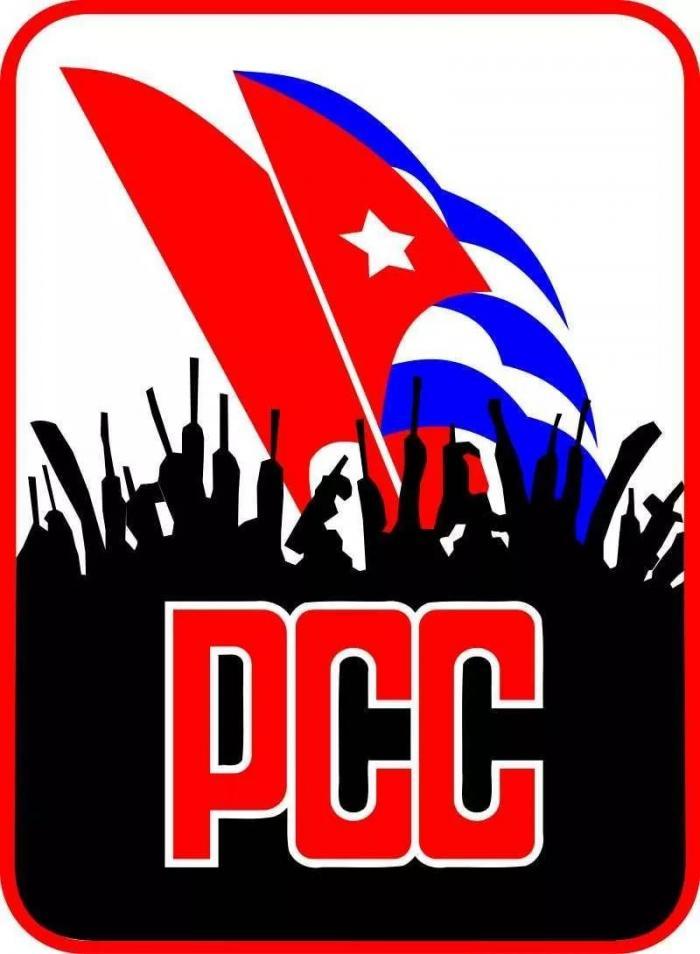
Cuba has a mission: that its people live in a prosperous and equitable society, with a committed government that listens and acts to transform challenges into opportunities, together with its people.
In this task, the Communist Party of Cuba, as the highest leading political force of society and the State, according to Article 5 of the Constitution - which defines it as "unique, from Martí, Fidel, Marx and Lenin, organized vanguard of the Cuban nation, based on its democratic character and the permanent link with the people" - has the greatest responsibility.
It is with this leadership that, today and tomorrow, the 10th Plenary Session of the Central Committee will be held, which is a guarantee of the continuity of the Revolution and of the unity of Cubans around the revolutionary and socialist project.
It is taking place at a time when the hostility of the current U.S. administration is once again tightening the screws of the unjust and archaic economic, commercial and financial blockade, which for more than six decades has been determined to give the coup de grace to the Revolution which, defended by its people, continues fighting, resisting and defeating, for its sovereignty and independence.
The agenda of the 10th Plenary Session will analyze vital issues of the economy and society that have a direct impact on the population, such as the plan for the stabilization of the National Electric System and food production.
The party meeting is preceded by the intense work carried out by the top leadership of the Party in the tours and visits to the territories, which strengthens the work of the organization and confirms the will to continue addressing the main concerns of the people, in a prioritized manner.
The Government Program to correct distortions and re-boost the economy will also be checked, as well as the fulfillment of the cadre policy strategy, approved in the 2nd Plenum, for its application in the period 2021-2026.
The increase and diversification of the country's external income; the resizing and development of the socialist state enterprise, and the complementary role of other economic actors; the improvement of strategic management for territorial development; the strengthening of government management; the consolidation of social policies in order to protect vulnerable individuals, families, households and communities will also be topics of analysis; the implementation of general directives for the prevention and reduction of crime, corruption, illegalities and social indisciplines; the effective management of science and innovation, social communication and digital transformation to boost development and improve government management; and the rational use of energy and citizen participation















